一体化的SRM系统供应商管理方案

Title: An Integrated SRM System for Effective Supplier Management
Introduction:
In today's highly competitive business landscape, effective supplier management is crucial for organizations to maintain a competitive edge. To streamline and optimize this process, many businesses have turned to integrated Supplier Relationship Management (SRM) systems. In this article, we will explore the benefits and key considerations of implementing an integrated SRM system from multiple perspectives.
1. Enhanced Communication and Collaboration:
An integrated SRM system provides a centralized platform for communication and collaboration between buyers and suppliers. With real-time access to information, both parties can easily exchange vital data, such as order updates, inventory levels, and quality control measures. Improved communication fosters stronger relationships, leading to better supplier performance and increased customer satisfaction.
2. Streamlined Procurement Process:
Integrating SRM with the procurement process allows organizations to automate various tasks, including supplier selection, quotation requests, order placement, and invoice management. By eliminating manual processes and reducing paperwork, an integrated SRM system enhances efficiency, saves time, and reduces the risk of errors. It also helps streamline the supplier evaluation and qualification process, ensuring only the most reliable and trustworthy suppliers are chosen.
3. Real-time Performance Monitoring:
One of the significant advantages of an integrated SRM system is its ability to monitor supplier performance in real-time. Key performance indicators (KPIs) can be set up to track metrics such as delivery times, product quality, and responsiveness. Any deviations from predefined thresholds trigger alerts, enabling proactive intervention and prompt issue resolution. Real-time performance monitoring improves accountability and drives continuous improvement among suppliers.
4. Risk Mitigation:
Risk management is a critical aspect of supplier management. Integrated SRM systems enable organizations to identify, assess, and mitigate risks associated with their supply chain. Through automated risk assessment tools, potential risks such as supplier financial instability, geopolitical factors, or logistic disruptions can be evaluated in real-time. This proactive approach to risk management helps organizations minimize disruptions, maintain business continuity, and protect against unforeseen events.
5. Data-Driven Decision Making:
Data is a valuable asset in supplier management. An integrated SRM system collects and analyzes various data points related to supplier performance, pricing, and compliance. This data-driven approach enables organizations to make informed decisions, negotiate better contracts, identify cost-saving opportunities, and optimize the supplier base. By leveraging data analytics, organizations can gain valuable insights into supplier performance trends, allowing for effective strategic planning and decision making.
Conclusion:
Implementing an integrated SRM system provides organizations with a comprehensive supplier management solution that enhances communication, streamlines procurement processes, enables real-time performance monitoring, mitigates risks, and facilitates data-driven decision making. By embracing such a system, businesses can build stronger relationships with suppliers, drive operational efficiencies, and achieve a competitive advantage in today's dynamic marketplace. As technology continues to evolve, organizations that invest in an integrated SRM system will position themselves for sustainable growth and success.
��Ѷ���������2006�꣬ӵ�������з����뿪��ƽ̨����һ�Ҽ���Ӫ�������졢�ɹ���ȫ��·���ǻ��������Ʒ����̺ͷ����̡���Ʒ�������ֻ����䡢����������������������˾��MRO��ERP��MES��WMS��CRM��SRM�Ȳ�ƷΪ������Ϊ�ͻ��ṩ���ǻ��������巽���滮��������ܷ�����Χ���������Ǻͳ����ǵ����������ڰ����ͻ������к�ʵ�ʳ������ɴ��С��ɴ��µ����ֻ���Ӫ��ϵ�������������Ϣ�����������ֻ��;������ܻ��������⣬Ϊ��ͬ��ҵ����ͬ��ʵ�ֲ�ͬ�ľ�ӪĿ�ꡣ



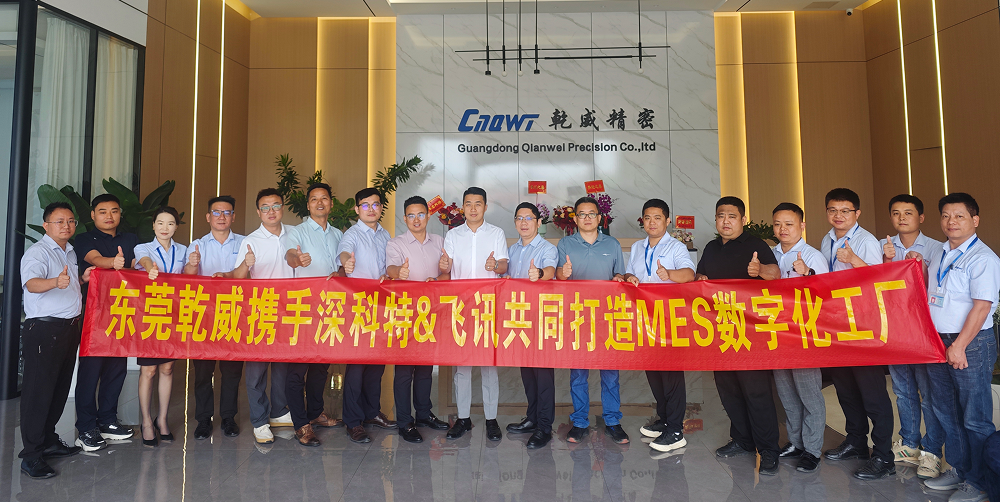
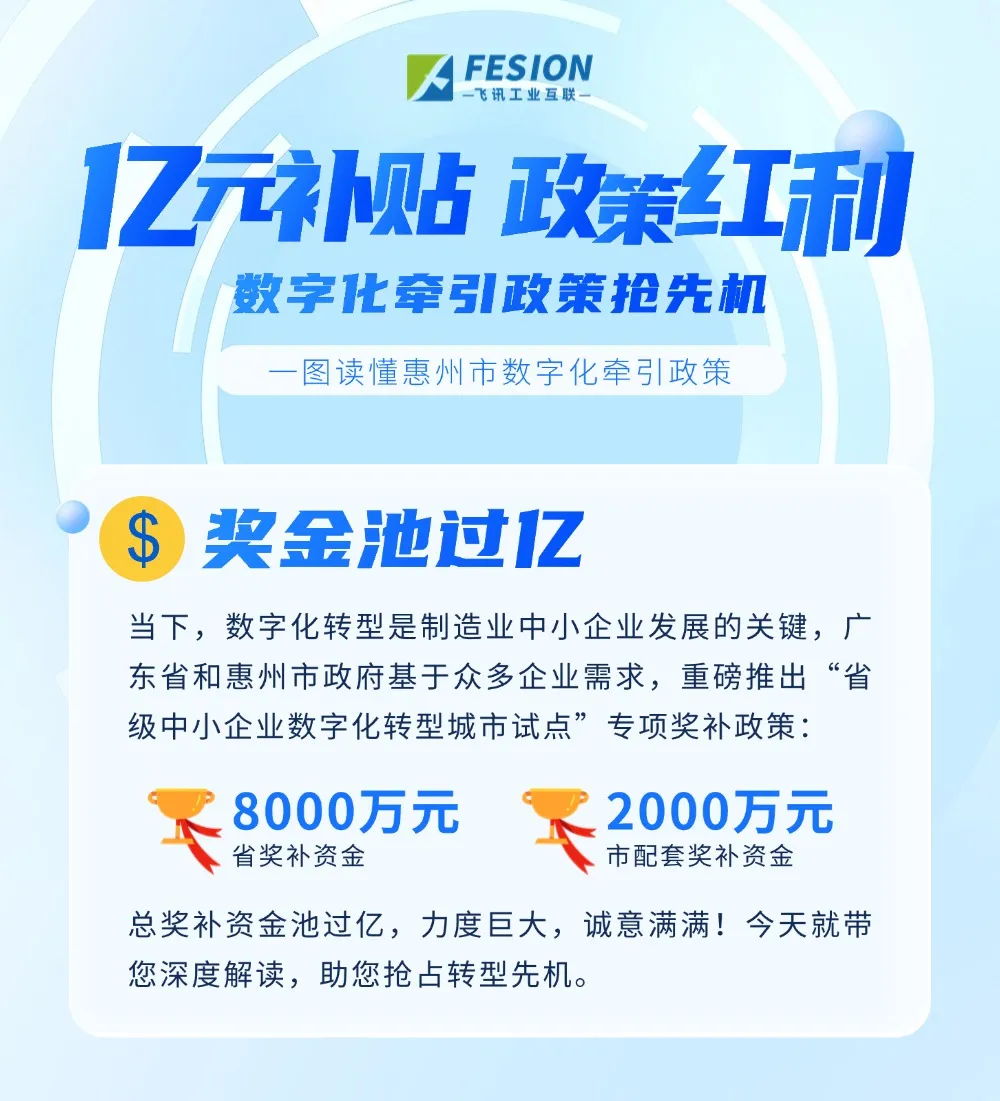




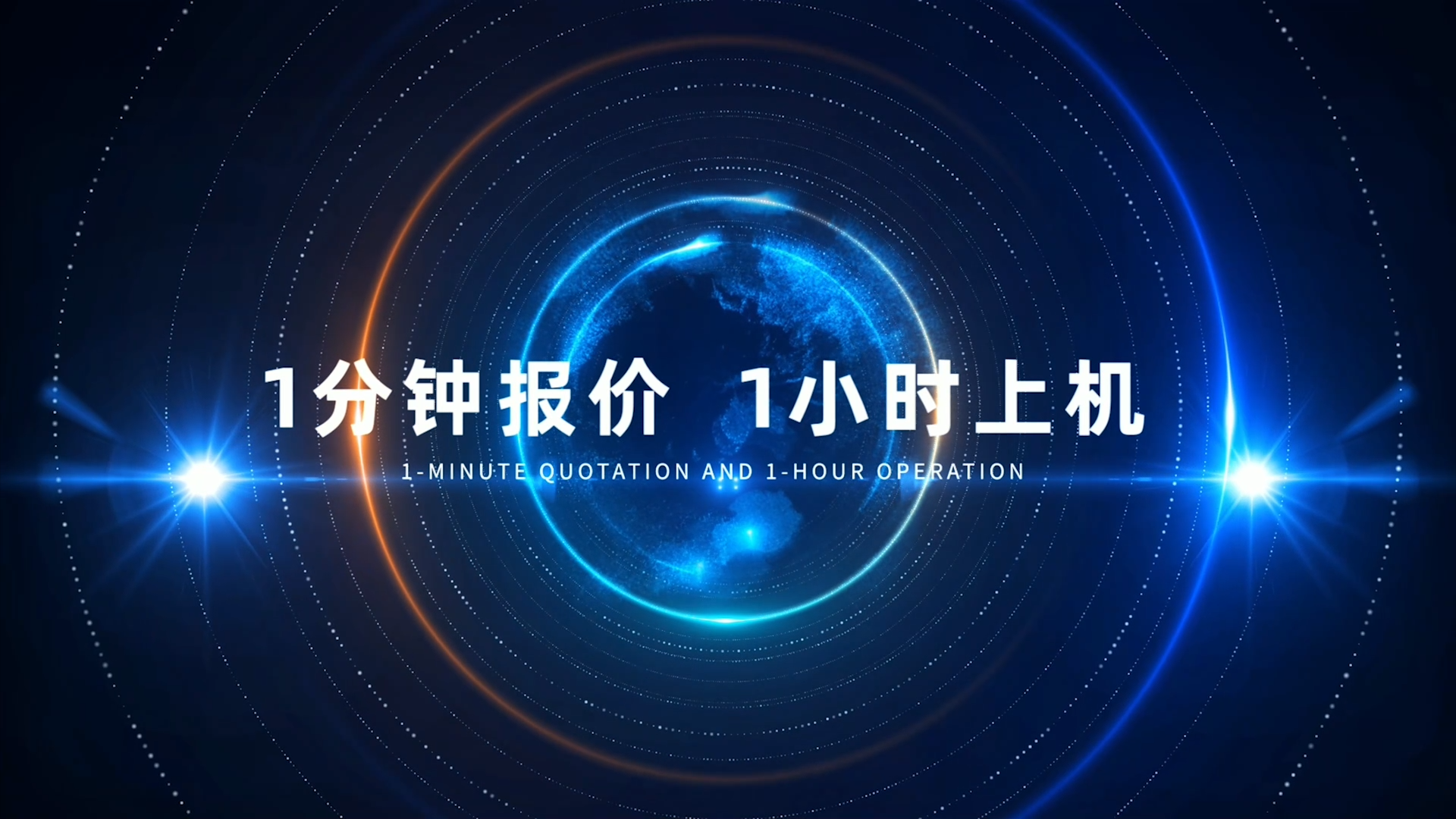
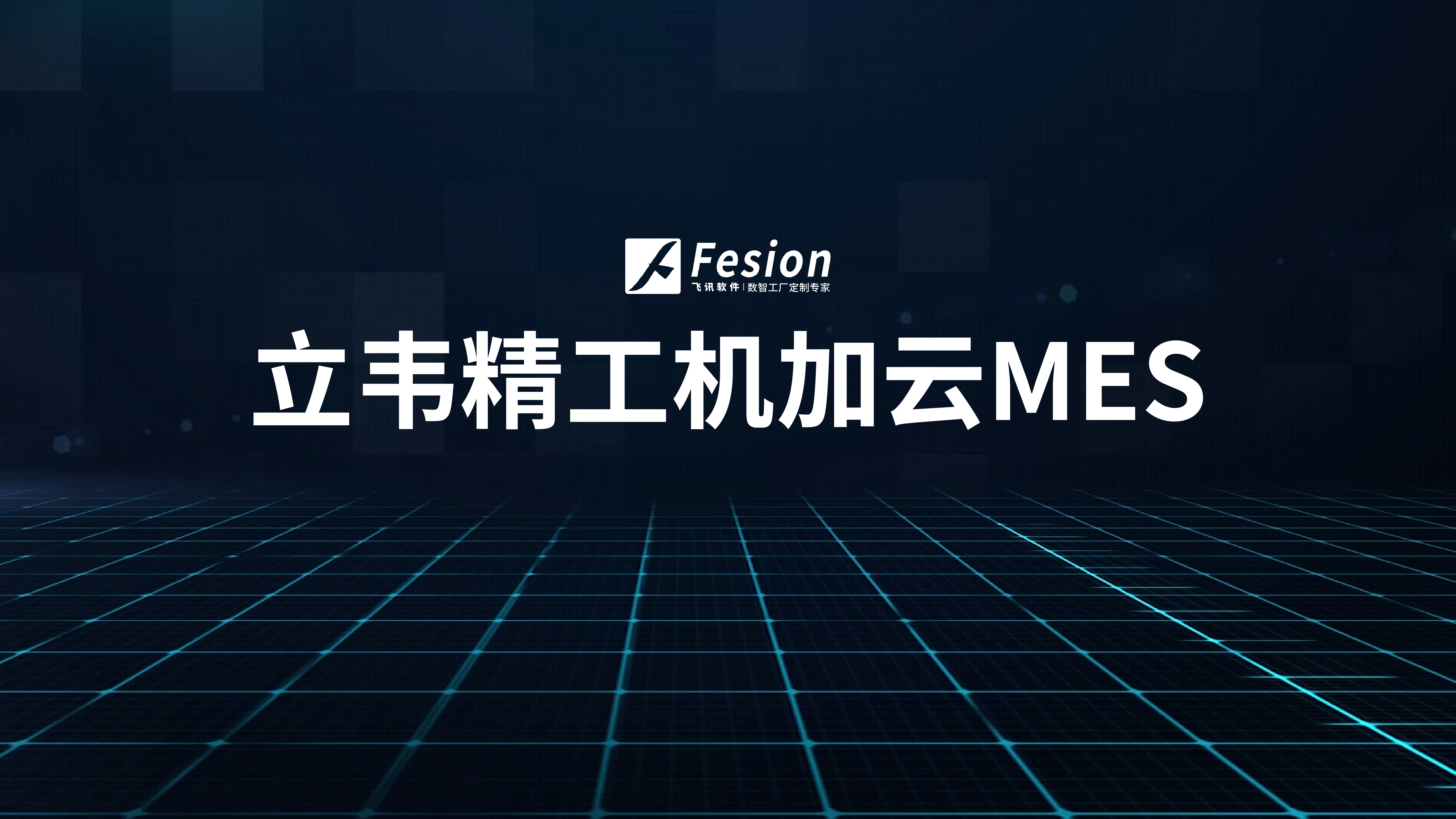
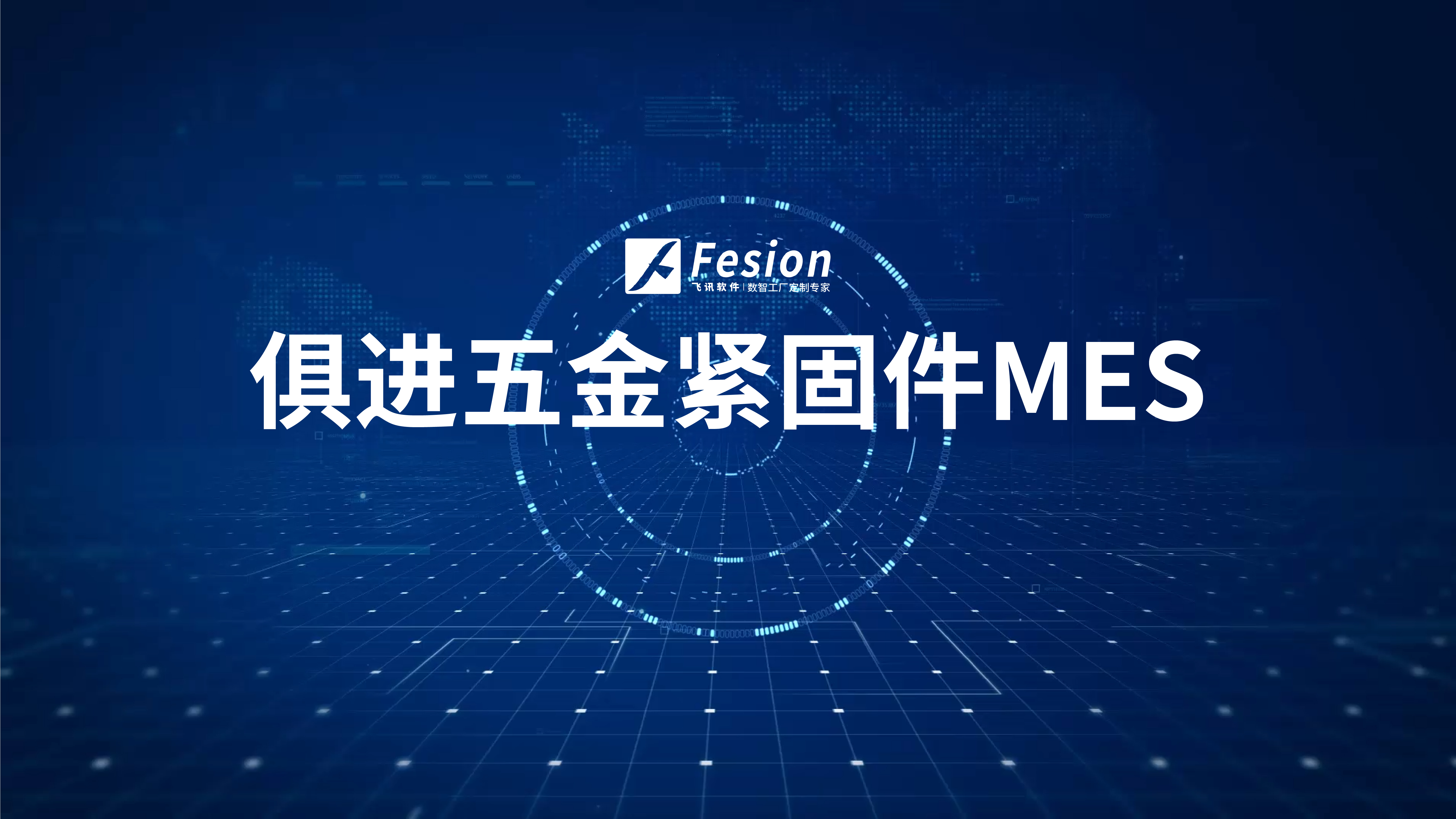
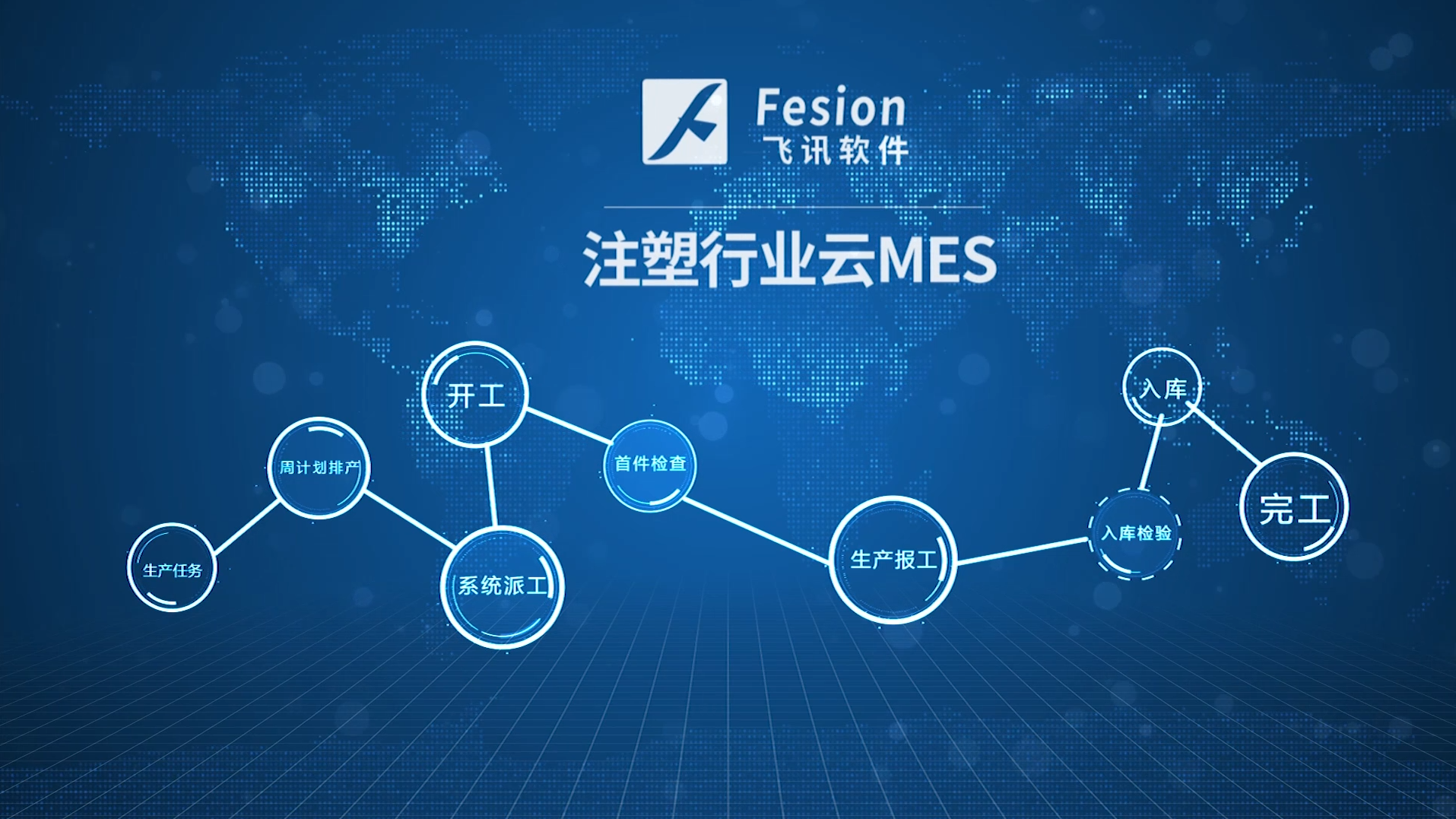









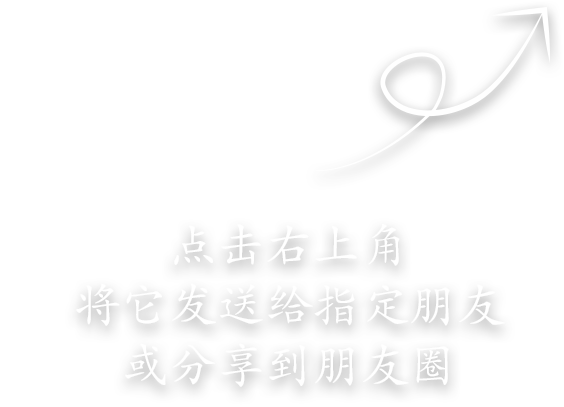
请先 登录后发表评论 ~